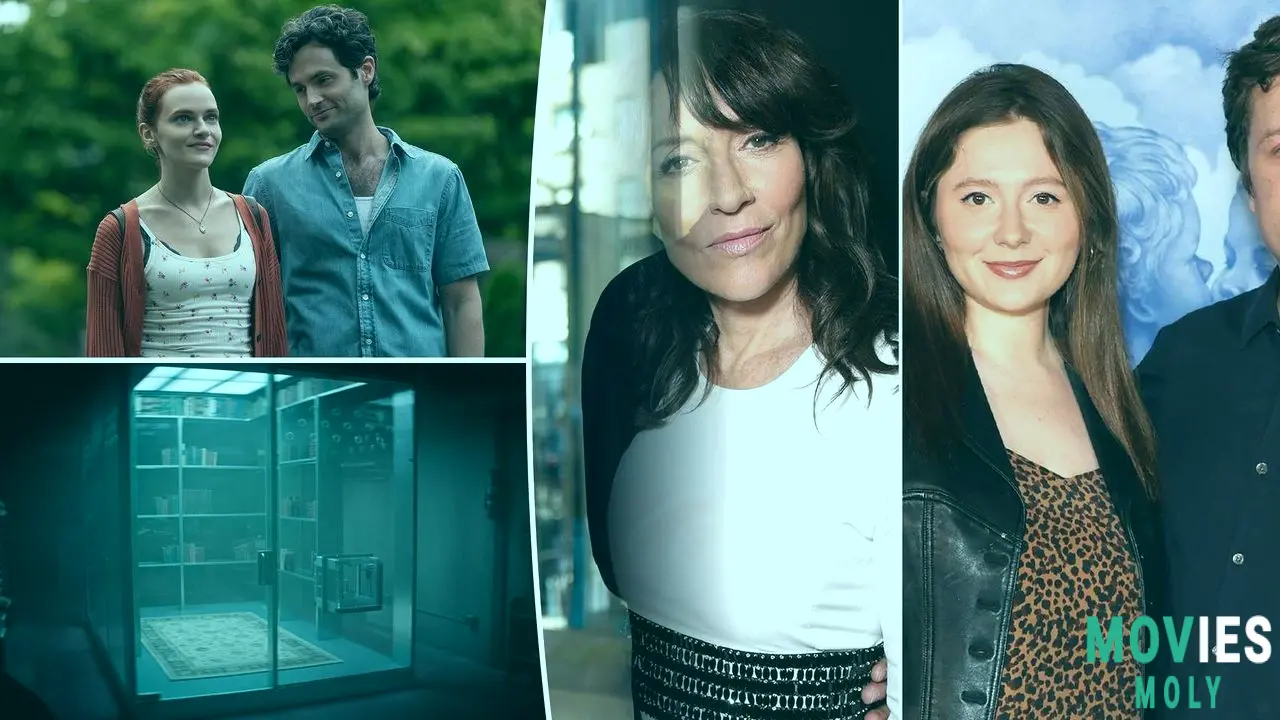Warning: This article contains spoilers for You Season 5, now streaming on Netflix.
After five twisted seasons of stalking, gaslighting, and creative murder metaphors, Netflix’s You delivers its final curtain call — and what a finale it is. The fifth and final season not only brings Penn Badgley’s Joe Goldberg back to where it all began, but it also packs the ensemble with returning characters, sharp new additions, and one last chaotic love triangle that refuses to let the bloodlust fade quietly into the night. Whether you loved it, hated it, or loved to hate it, the You Season 5 cast gives the show one last jab at relevancy, and somehow, it lands just enough hits to feel like a send-off worth bingeing.
The returning cast that brings full-circle resonance to Joe’s final chapterAt the heart of You is, of course, Penn Badgley as Joe Goldberg — the bibliophilic killer who thinks he’s just a misunderstood romantic. Badgley’s performance has always walked the tightrope between charming and chilling, and in Season 5, that balance is more strained — and more interesting — than ever. Now a celebrity husband to billionaire Kate Lockwood, Joe’s public persona masks the same old obsessional undercurrents. But this time, he’s not hiding in basements — he’s hiding in plain sight.
Charlotte Ritchie returns as Kate Lockwood, a character who has evolved from wary love interest into power-wielding spouse. Ritchie’s Kate is an intriguing mirror to Joe: equally manipulative, morally flexible, and desperate to survive in a world that keeps underestimating her. Her dynamic with Joe, especially in the early episodes, plays with the audience’s expectations — is she redeeming him, or merely enabling him?
And then there’s Frankie DeMaio as Henry, Joe’s son, who makes a poignant return after being absent for much of the previous season. Henry’s presence adds a personal stake to Joe’s spirals, and his relationship with both Joe and Kate grounds the madness in a disturbing sort of family drama.
Madeline Brewer’s Brontë shakes up the formula with a dark romance twist
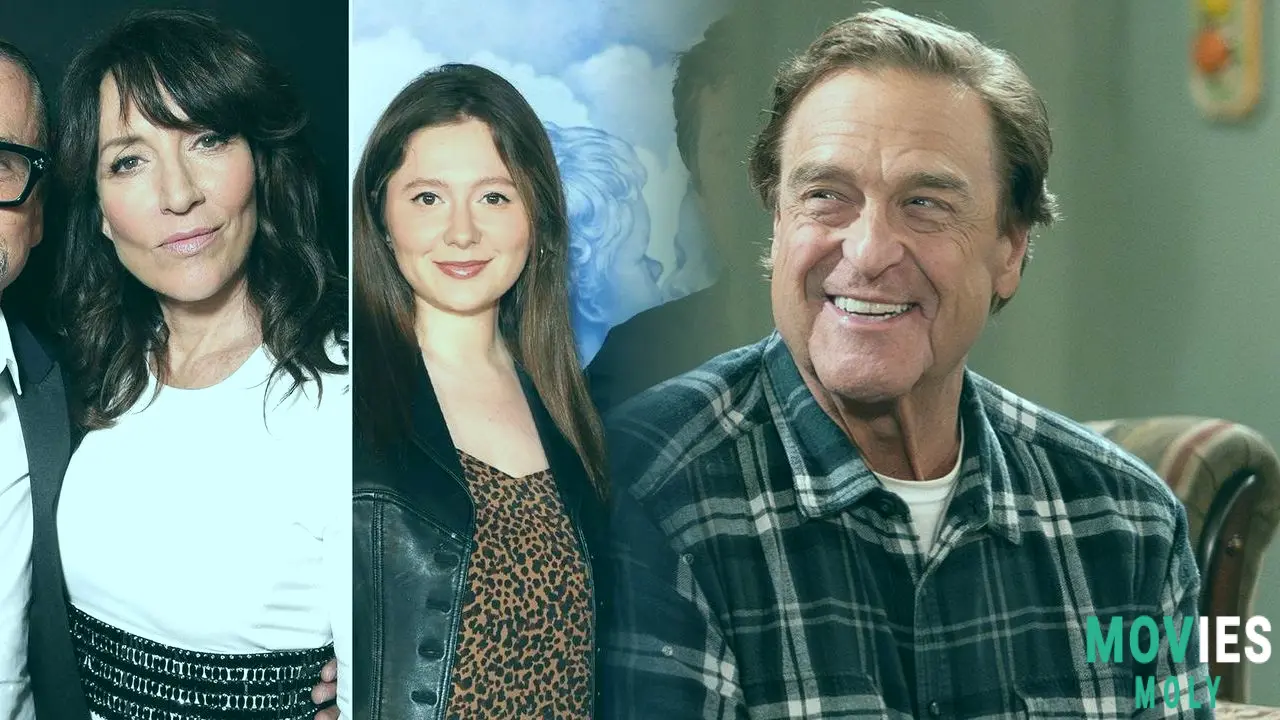
If the early seasons of You had Joe falling for Beck-like archetypes, Season 5 throws a wrench into the pattern with Madeline Brewer as Brontë — a sharp, unsettling, and unpredictable playwright who crashes into Joe’s world (and bookstore) like a grenade. Brewer, known for her roles in Orange Is the New Black and The Handmaid’s Tale, brings a kinetic energy to Brontë that can't be ignored. She’s literarily named, obviously echoes Beck, and yet she manages to carve out her own space in this final chapter.
But of course, nothing is as it seems. Brontë’s real name is Louise, and her vendetta against Joe is personal. Having lost Beck under suspicious circumstances, she forms a true-crime hunter squad to expose Joe — only to find herself tangled in the same web of manipulation, and maybe even genuine affection. Her arc flips the script on Joe’s usual playbook, turning the hunter into the hunted, and then into something even messier: a reluctant partner in crime, or perhaps just another doomed lover.
Fan-favorite cameos and callbacks pull You into full-circle mode
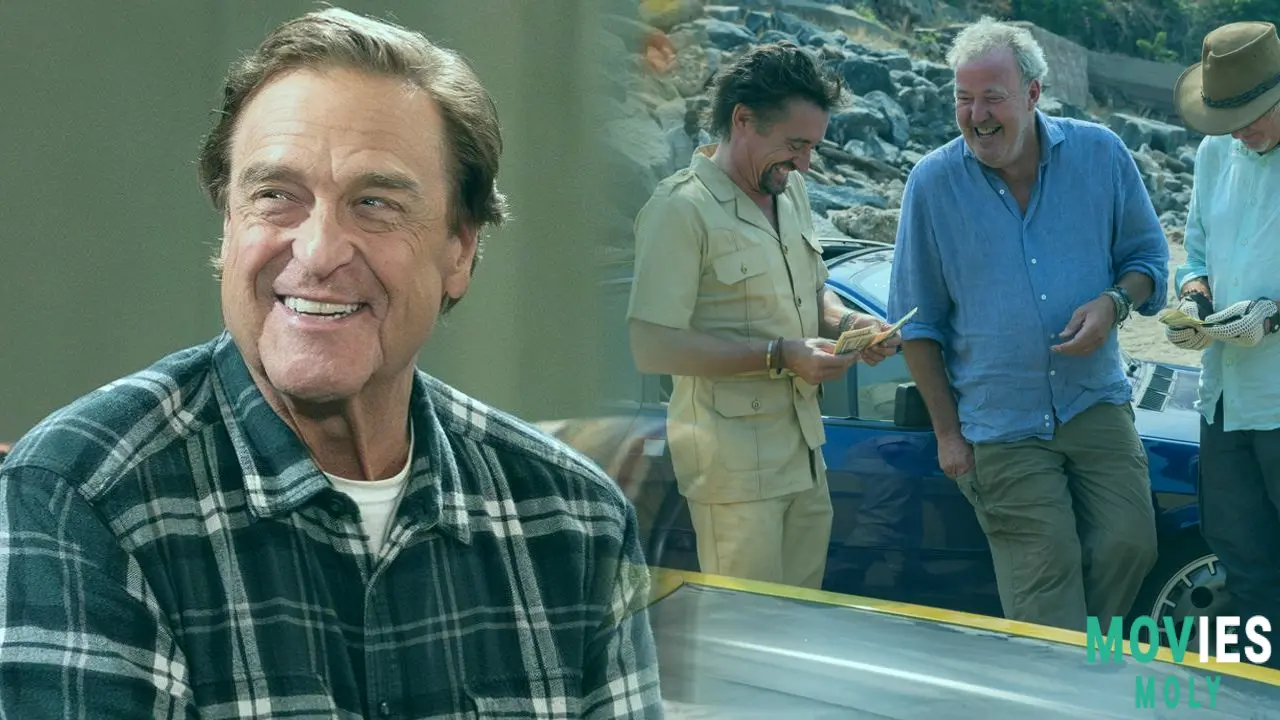
The final season doesn’t shy away from pandering to long-time fans in the most You-ish way possible. There are plenty of cameo appearances and nostalgic echoes dropped into the mix, like glittery Easter eggs buried beneath the blood. The show loves its intertextuality, and Season 5 leans into it — with references to past victims, recycled monologues, and one too many returns to Joe’s old covert-killing-heroics-in-the-basement stereotype.
These callbacks serve a dual purpose: they reward the binge-watchers who’ve followed Joe’s misogynistic misadventures across five seasons, and they also underscore how little he’s truly changed. Even as the show flirts with the idea of Joe’s redemption, it never fully commits — and that’s probably for the best. After all, You was never about transformation; it was about the illusion of transformation.
The new cast members add layers, though not always fully explored

While Brontë/Louise steals much of the spotlight, Season 5 also introduces a handful of new characters who play into the show's familiar themes of deception, power, and performative morality. Kate’s twin sisters, Reagan and Maddie (played with gleeful malice by Anna Camp), provide a kind of dark comedic relief. Their opportunistic schemes and mirror-image dynamics with Kate give the show a chance to poke fun at the elite-saturation it seems desperate to critique.
Still, many of these new faces feel more like chess pieces than fully realized players. The Lockwood family drama, with its talk of philanthropy and blood money, rarely hits the satirical sharpness of earlier seasons. Instead, it drifts into trope territory — wealthy bickering siblings, one-upmanship, and ill-fated alliances. It’s enough to keep the plot moving, but not always in a satisfying way.
Joe’s final fate may divide viewers, but it completes the character arc
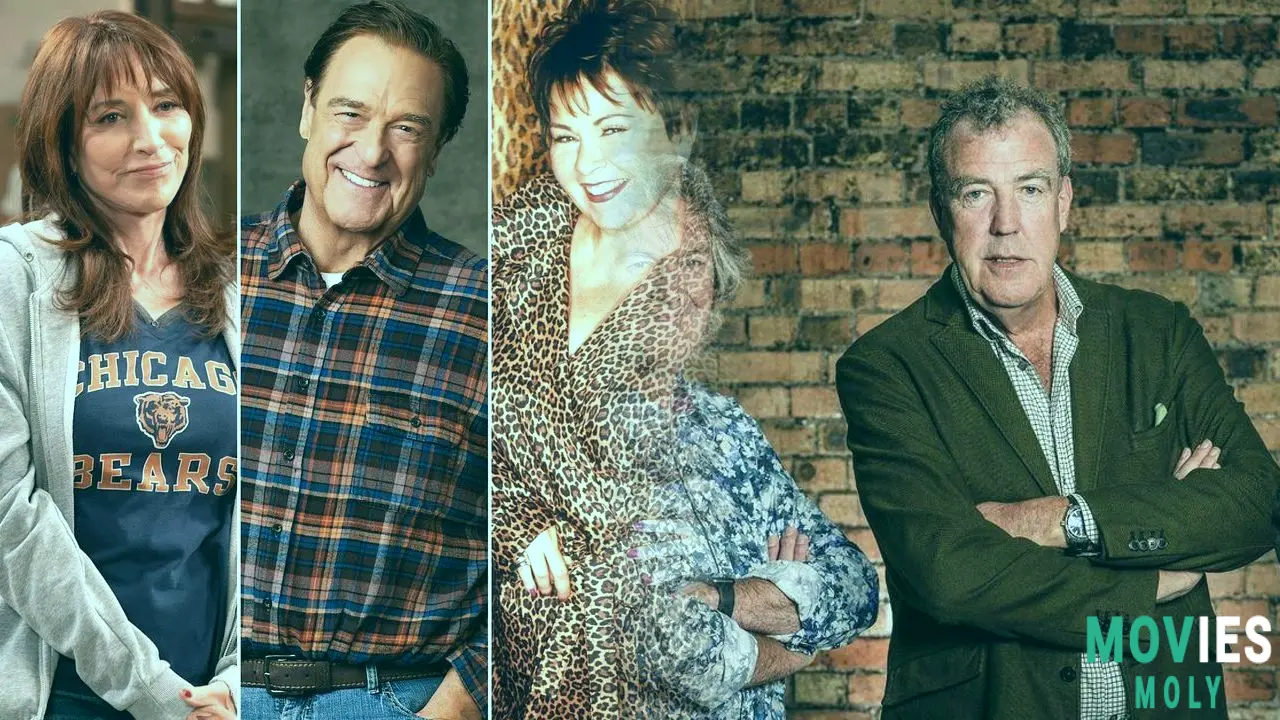
The big question hanging over Season 5 was always: Does Joe die? Does he get away with it? Does he finally face justice? The answer — delivered in a finale that’s as tone-deaf as it is thematically on-point — is that Joe does end up in prison. But even locked away, he refuses to own his actions. Instead, he weaponizes victimhood one last time, turning societal blame back on us — the viewers, the letter-writers, the culture that somehow made him into a hero for so long.
“Maybe the problem isn’t me… maybe it’s you,” he says, echoing the show’s entire run of misfiring satire. It’s a final twist that doesn’t redeem Joe, but doesn’t quite condemn him either. It just lets him be what he always was: a mirror reflecting the uncomfortable, and sometimes complicit, desires of its audience.
Final thoughts: The cast elevates a flawed but unforgettable send-off
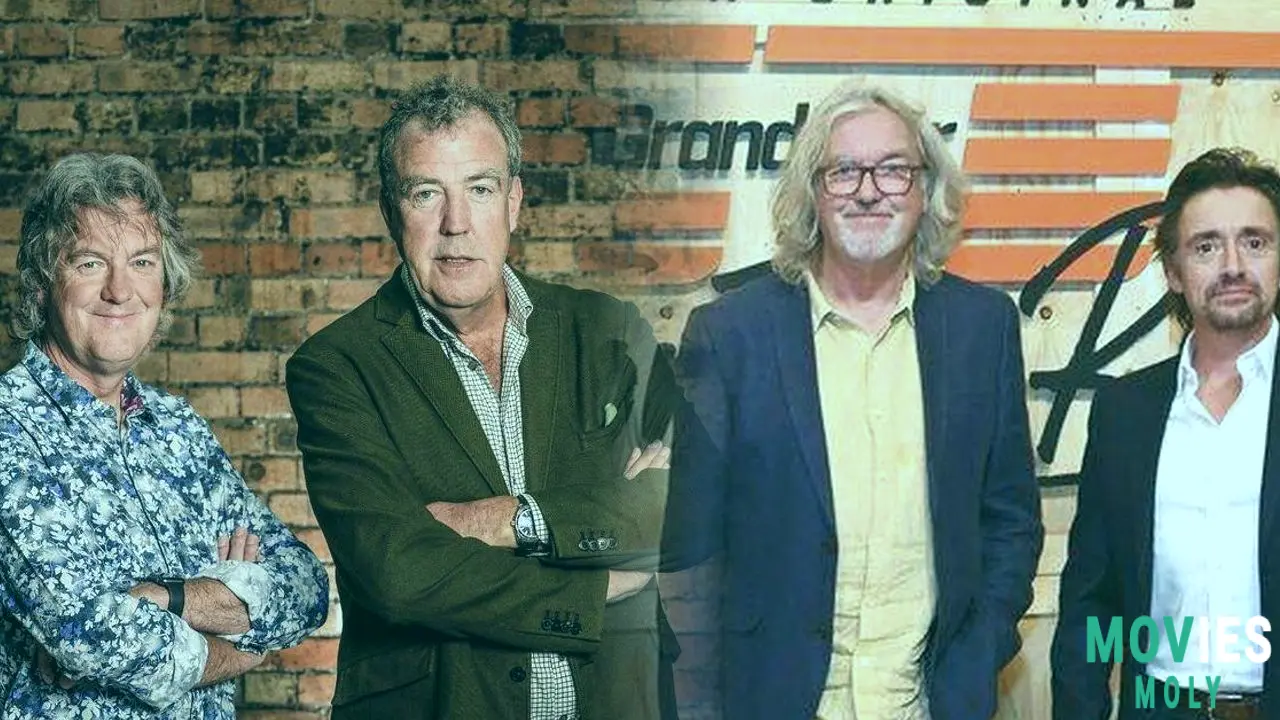
You Season 5 may not stick the landing in terms of plot coherence or moral clarity, but its cast — both old and new — gives it the momentum and punch it needed to matter in the end. Penn Badgley, Charlotte Ritchie, and Madeline Brewer form a grimly compelling love triangle/triangle of manipulation that keeps the final season watchable, if not fully satisfying.
In a show that long ago blurred the lines between satire, thriller, and unintentional endorsement, the final season’s ensemble doesn’t fix the mess — but it does make it messier, sharper, and somehow more reflective of the cultural moment that made You popular in the first place. That’s not just a farewell to a character — it’s a farewell to the uncomfortable genre of sexy-serial-killer-entertainment that You somehow dominated for half a decade.

